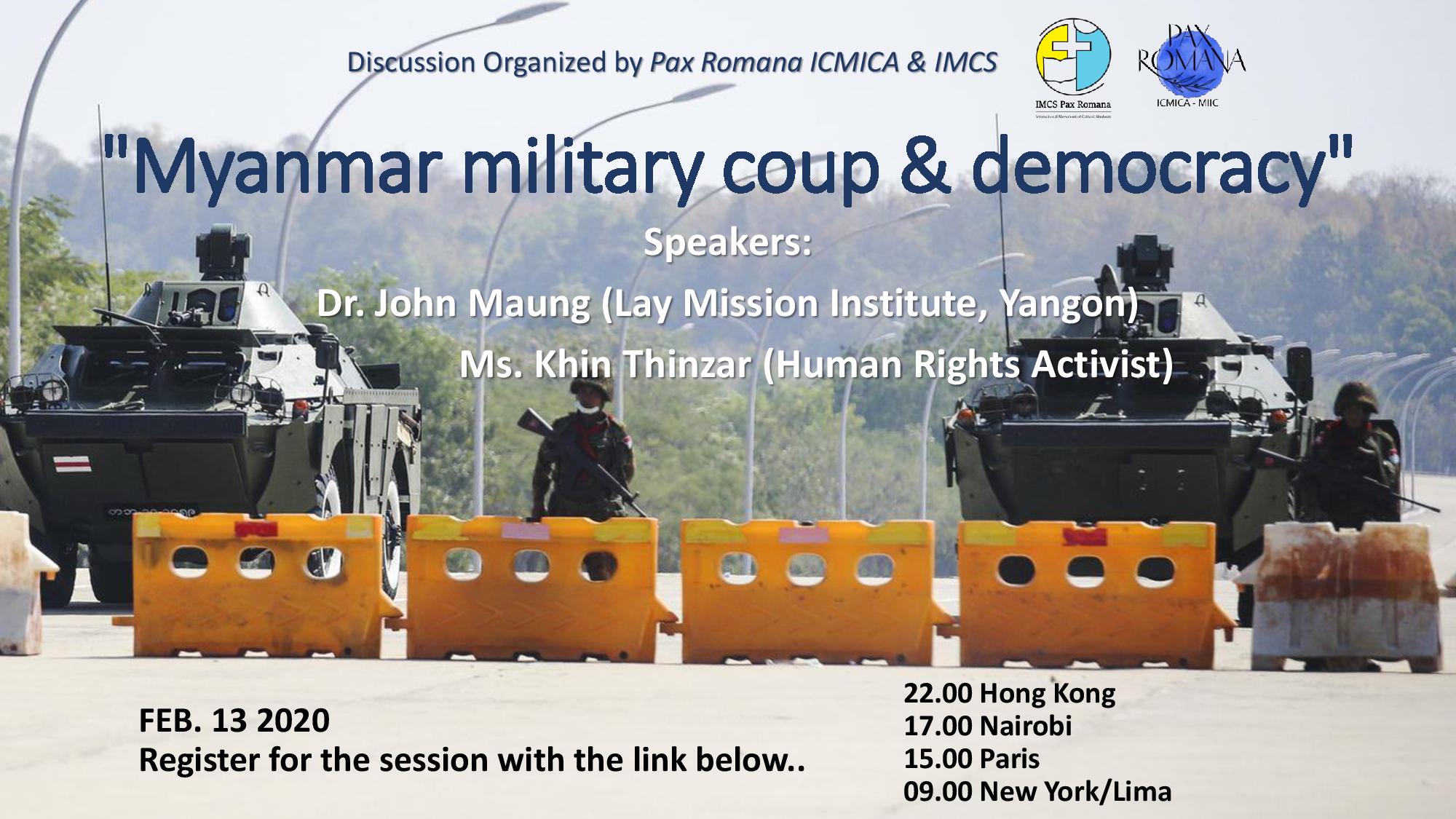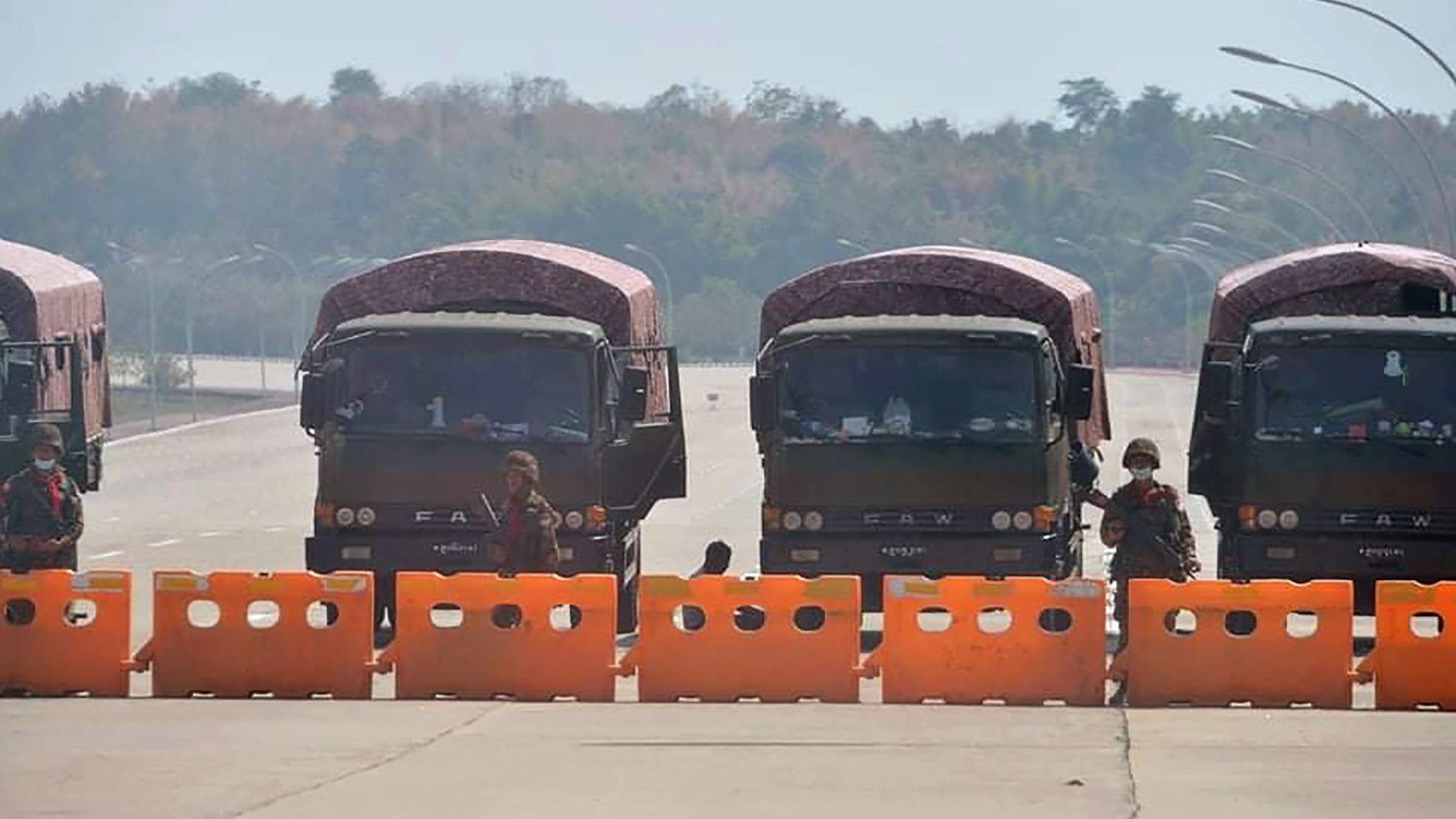Open Letter from Myanmar/Burma Civil Society to the member States of the United nations Human Rights Council Regarding the Situation of Human Rights in Myanmar/Burma
We, a diverse range of civil society organizations from Myanmar/Burma, are writing to you in advance of the upcoming 25th regular session in Geneva to express our serious concerns about the lack of progress made regarding the situation of human rights in Myanmar/Burma, and to urge the Council to maintain the resolution on the situation of human rights in Myanmar/Burma under agenda item 4 of the Council in its upcoming session. It is vital to maintain pressure on the Myanmar/Burma government to ensure that it continues with its reforms, and addresses grave ongoing issues such as constitutional reform, inter-communal violence, the lack of rule of law, repressive legislation, land confiscation and gross human rights abuses in ethnic areas as a matter of extreme urgency.
These concerns were also raised by the United Nations (UN) Special Rapporteur on the Situation of Human Rights in Myanmar, Tomás Ojea Quintana, at the conclusion of his final mission to Myanmar/Burma. His end-of-mission statement, issued at Rangoon International Airport on 19 February, provides a thematic summary of the most pressing human rights issues that Myanmar/Burma currently faces.
Special Rapporteur Quintana’s statement highlights two salient points. First, the human rights situation in Myanmar/Burma is still very serious, with little or no progress made in some areas. As Special Rapporteur Quintana says: “For the time being, the military retains a prevailing role in the life and institutions of Myanmar. State institutions in general remain unaccountable and the judiciary is not yet functioning as an independent branch of Government. Moreover, the rule of law cannot yet be said to exist in Myanmar. Tackling the situation in Rakhine State represents a particular challenge which, if left unaddressed, could jeopardize the entire reform process. A critical challenge will be to secure ceasefire and political agreements with ethnic minority groups, so that Myanmar can finally transform into a peaceful multi-ethnic and multi-religious society.” In other areas, such as “the release of prisoners of conscience, the opening up of space for freedom of expression, the development of political freedoms, and important progress in securing an end to fighting in the ethnic border areas,” reforms are in grave danger of backsliding.
Second, it is clear that the Special Rapporteur plays a vital role in monitoring what is happening inside Myanmar/Burma, presenting his findings to the Council and submitting recommendations for action. It is disingenuous to make the argument that Myanmar/Burma no longer requires a Special Rapporteur mandate based only on incomplete reforms in certain areas, such as the release of political prisoners. Set among the spread of unsavory issues on Myanmar’s/Burma’s plate, such reforms are little more than garnish intended to make Myanmar/Burma palatable to the international community.
Furthermore, not only is a Special Rapporteur still entirely necessary; one with a full monitoring mandate under agenda item 4 of the Council is needed to ensure continuing monitoring and reporting to the Council on human rights developments in Myanmar/Burma, as demonstrated by Special Rapporteur Quintana’s statement and the Myanmar/Burma government’s repeated failure to comply with the Council’s recommendations.
By the same token, the need for the establishment of a UN Office of the High Commissioner for Human Rights (OHCHR) presence in Myanmar/Burma is indicated by the litany of human rights concerns, and anything less than an office with a full promotion and protection mandate cannot currently be justified. We understand that the UN and the Myanmar/Burma government are currently at an impasse regarding the establishment of an OHCHR office, with the Myanmar/Burma government unwilling to accept an office with a full mandate. We further understand that the Myanmar/Burma government is trying to negotiate, as part of such discussions, a reduction in the mandate of the Special Rapporteur – to a mandate under agenda item 10 which entails only “technical cooperation” – or the abolition of the Special Rapporteur mandate altogether.
Direct action by the UN and international institutions is essential, and your commitment to achieve peace, democracy, human rights, equality and rule of law for all people of Myanmar/Burma is crucial. Failure to do so will only perpetuate long-standing human rights abuses, entrenched impunity, armed conflicts, and political and humanitarian crises faced by the people of Myanmar/Burma. We thank you for considering our requests in the upcoming Council session.



Leave A Comment
You must be logged in to post a comment.